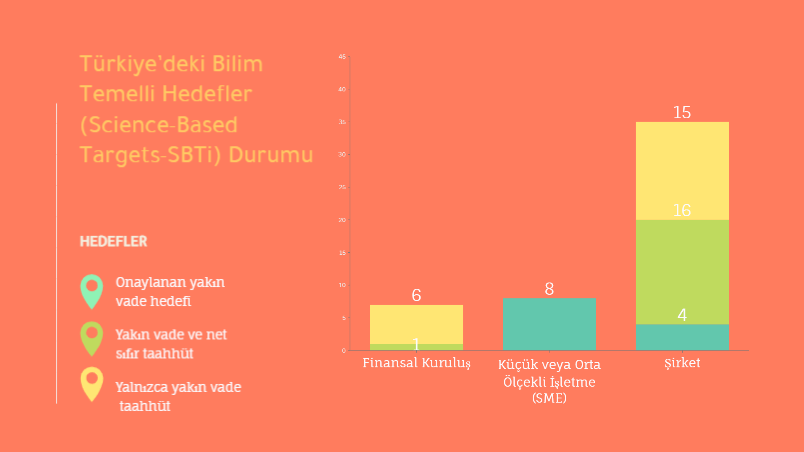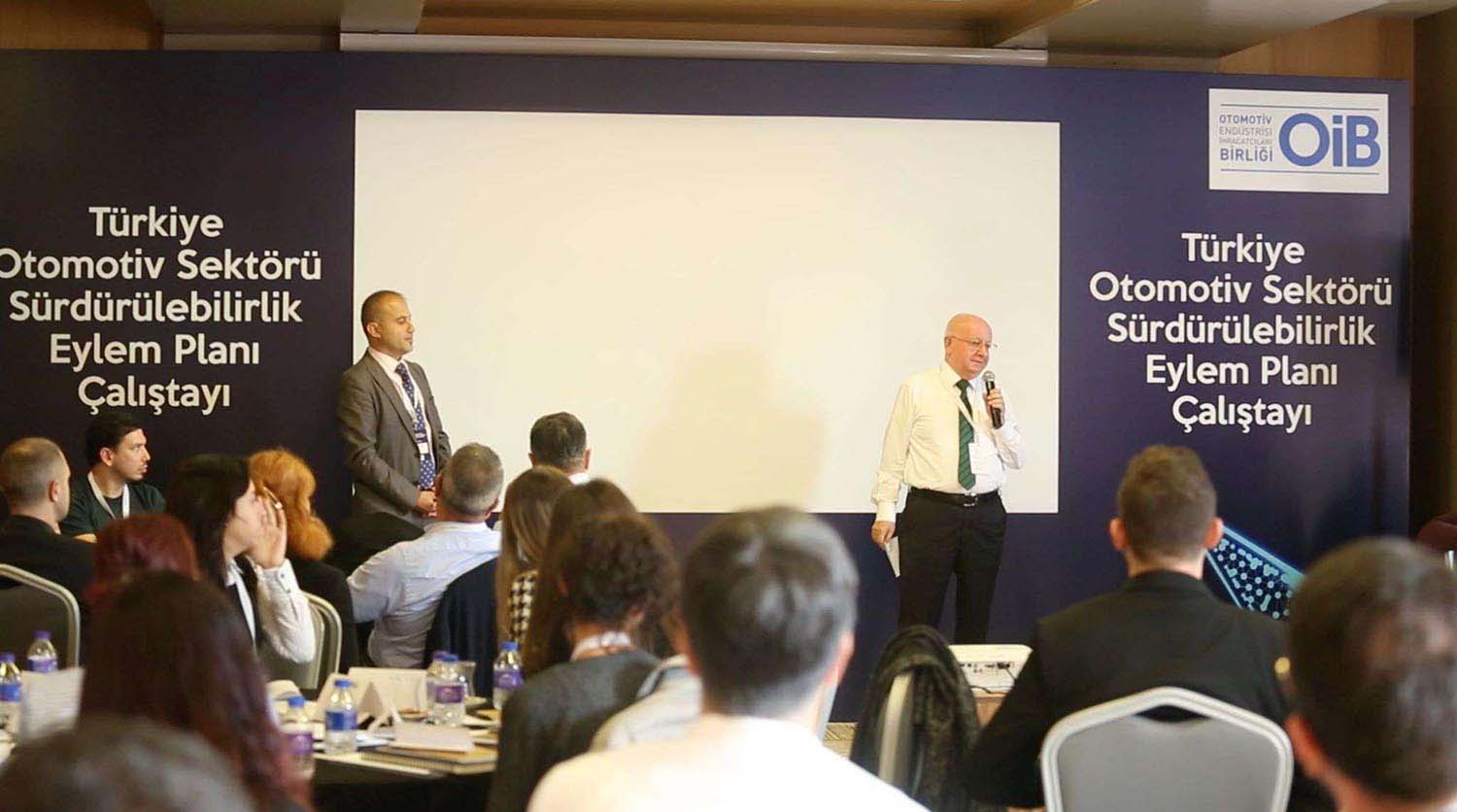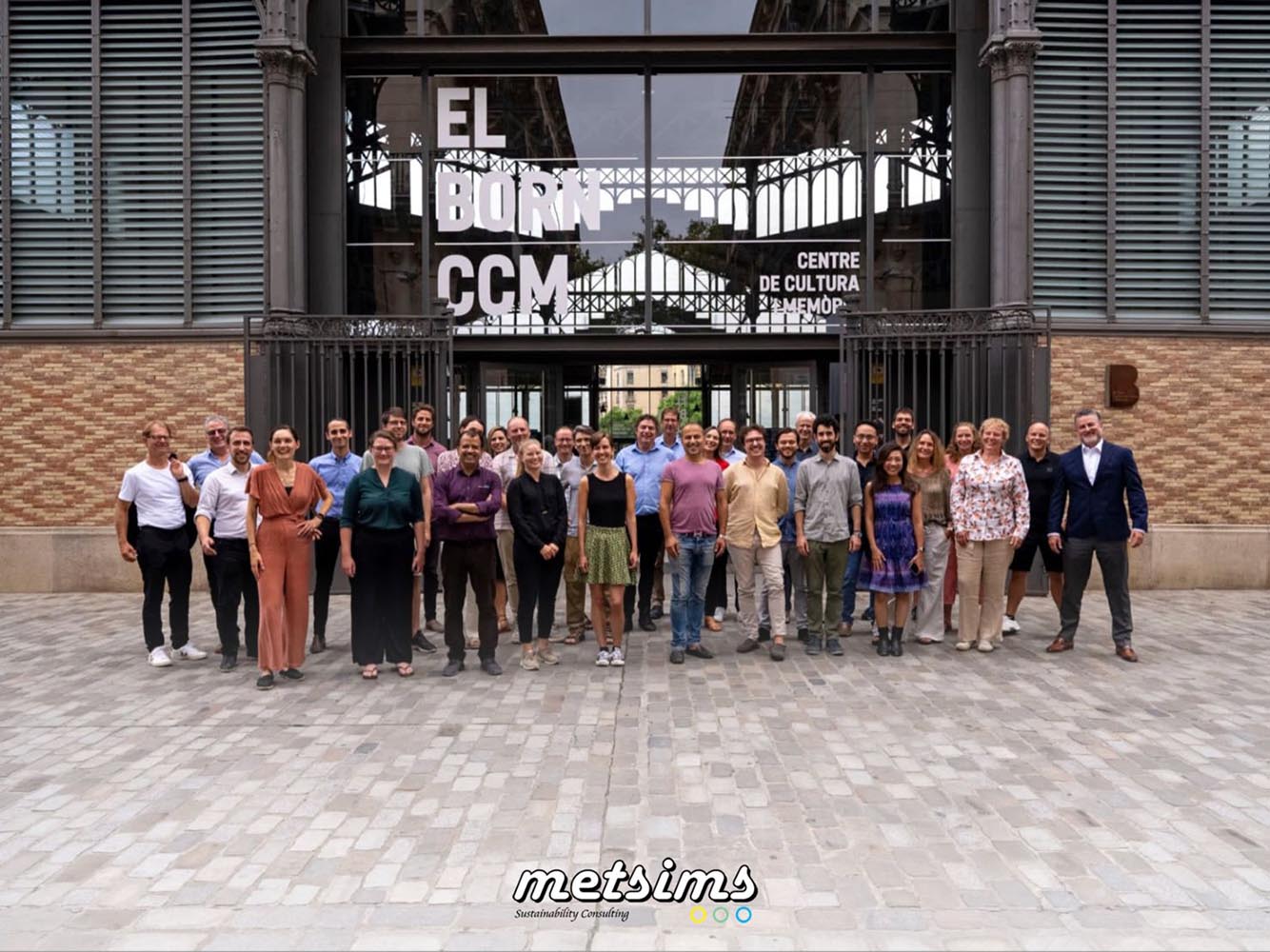The Science Based Targets Initiative (SBTi) is a collaboration between the Carbon Disclosure Project (CDP), the United Nations Global Compact (UNGC), the World Resources Institute (WRI) and the World Wide Fund for Nature (WWF). SBTi was created in 2015 to encourage companies to set emission reduction targets in line with climate science.
One of the main reasons for the creation of the SBTi is that current emission reduction targets set by governments and companies are not ambitious enough to prevent dangerous levels of global warming. The initiative aims to fill this gap by providing a framework for companies to set targets consistent with the goal of keeping the global temperature rise below 2 degrees Celsius, as agreed in the Paris Agreement.
SBTi uses a sector-based approach, which means that each sector has a specific emissions reduction target that must be met to keep global warming below 2 degrees Celsius. These targets are based on the latest climate science and are regularly reviewed and updated. Companies that set targets in line with these sectoral targets are considered “science-based”.
The process of setting Science Based targets is not easy and requires a lot of work and commitment from companies. The first step is to conduct a comprehensive greenhouse gas (GHG) inventory, which involves measuring and reporting all greenhouse gas emissions from the company’s operations. The company should then set a reduction target for its calculated emissions consistent with the sector-based targets for the industry in which it operates.
Once the target is set, the company is reviewed by SBTi through an assessment process, together with the application committed targets. The company must also report annually on its progress towards achieving the target and its greenhouse gas emission values.
The benefits of setting Science Based targets are many. First of all, it helps to ensure that the company’s emission reduction efforts are consistent with the goal of keeping global warming below 2 degrees Celsius. This not only helps protect the planet, but also puts the company in a leading position in the fight against climate change.
In addition, setting Science Based targets can help companies reduce their risks and costs associated with climate change. By reducing emissions, companies can reduce their exposure to regulations and carbon pricing, and reduce energy costs. Setting Science-Based goals can also help companies attract and retain environmentally conscious customers and employees.
In conclusion, the Science Based Targets Initiative (SBTi) is a meaningful tool for companies seeking to take meaningful action on climate change. By setting targets consistent with the latest climate science, companies can help ensure that global warming stays well below 2 degrees Celsius, while at the same time reducing the risks and costs associated with climate change. The process of setting Science Based targets is not easy, but it is worth the effort. By committing to SBTi, companies can position themselves as leaders in the fight against climate change and make a real difference in the world.
Status of Science-Based Targets (SBTi) in Türkiye
Türkiye has been a party to the United Nations Framework Convention on Climate Change (UNFCCC) since 1996 and has submitted its Nationally Determined Contributions (NDCs) under the Paris Agreement.
A total of 50* businesses and financial institutions in Türkiye are working with the Science Based Targets initiative (SBTi) to reduce their emissions in line with climate science. We can divide these organisations into three categories and then break them down into targets set and targets achieved.
*Numbers were compiled in January 2023 and may vary according to the date.

Status of Science-Based Targets (SBTi) in Türkiye
Türkiye has been a party to the United Nations Framework Convention on Climate Change (UNFCCC) since 1996 and has submitted its Nationally Determined Contributions (NDCs) under the Paris Agreement.
A total of 50* businesses and financial institutions in Türkiye are working with the Science Based Targets initiative (SBTi) to reduce their emissions in line with climate science. We can divide these organisations into three categories and then break them down into targets set and targets achieved.
*Numbers were compiled in January 2023 and may vary according to the date.

We can base these 50 organisations as companies, small or medium-sized enterprises and financial institutions. When we divide them in this way;
On a company basis: 35
Small or medium-sized enterprise (SME) basis: 8
By financial institution: 7 organisations,
Committed to emission reduction through SBTi.
What are the goals expected and achieved by organisations?
Targets are clearly defined pathways approved by SBTi for companies and financial institutions to reduce their greenhouse gas (GHG) emissions. Most organisations in Türkiye are still in the commitment phase for targets.
Commitments indicate the intention of organisations to develop targets and submit them for validation within 24 months. They are indicated by the word “committed” in the dashboard. Making a commitment is the first step in setting a Science-Based goal; organisations whose pledge is ‘committed’ have not yet set a goal.
Like organisations, we can divide goals into three; near-term, long-term and net zero.
Near-term objectives
outlines how organisations will reduce their emissions over the next 5-10 years. These targets mobilise the necessary action for significant emission reductions to be achieved by 2030. Near-term targets are also a prerequisite for companies wishing to set net zero targets.
Long-term objectives
Indicates the degree of emission reduction that organisations need to achieve to reach net zero according to SBTi's Corporate Net Zero Standard criteria. These targets should be achieved no later than 2050 (or 2040 for the energy sector). Long-term targets are developed by companies wishing to set net-zero targets under the Corporate Net-Zero Standard.
Net zero objectives
covers both near-term and long-term targets. Companies with net zero targets have both near-term and long-term targets approved by SBTi.
Out of these 50 organisations, only 12 (4 companies and 8 small and medium-sized enterprises (SMEs)) have ratified targets (9 of which are 1.5°C) and committed to reducing scope 1 and scope 2 greenhouse gas emissions and measuring and reducing scope 3 emissions by 2030. These 12 organisations are therefore also included in the category of organisations that have endorsed near-term Science Based Targets.
17 organisations made commitments in line with net zero targets. It is noteworthy that only 1 of these 17 organisations is a financial institution and the remaining 16 are company-based organisations. In other words, small and medium-sized enterprises have not yet taken a step towards net zero targets.

Every organisation that has made a commitment towards the net zero target has also made a commitment towards the short-term targets. The remaining 21 organisations only committed to short-term targets.
As can be seen in the graph, small and medium-sized enterprises lead in the approved near-term targets. Financial institutions, on the other hand, have no approved targets yet, although there is a commitment. On the other hand, small and medium-sized enterprises have not taken any action in line with their net zero targets. Companies, on the other hand, although they have a great advantage in terms of Science-Based Targets (SBTi) in Türkiye in general, they lag behind small and medium-sized enterprises in terms of approved near-term targets.
For more detailed information on the situation in Türkiye, more information, including statistical data, can be found on the Science Based Targets Initiative website (https://sciencebasedargets.org/) and other reliable sources such as CDP, UNGC, WRI and WWF websites.






